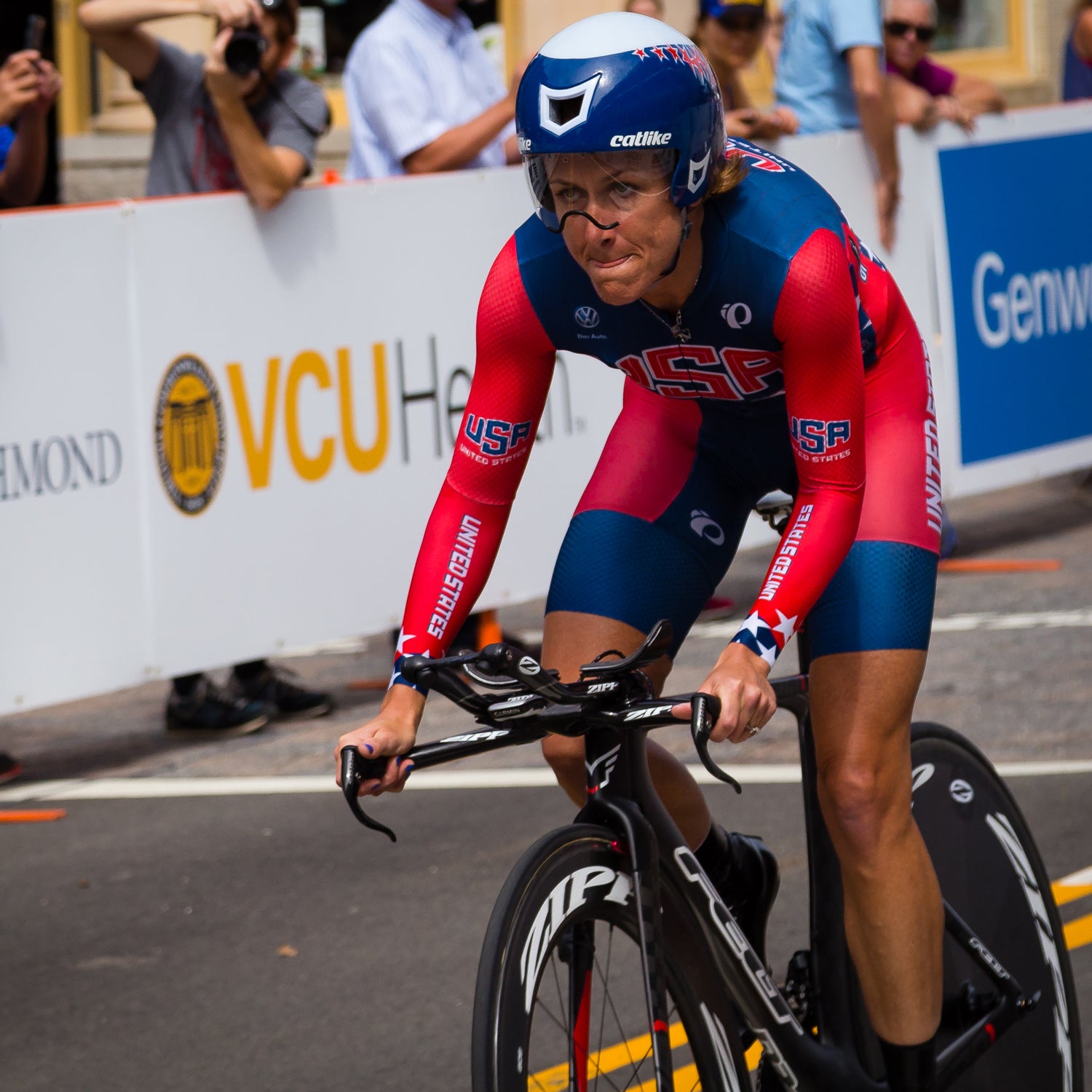No, it’s not just you. From Michael Phelps to Kristin Armstrong, the 43-year-old American cyclist who just won her third gold in three consecutive Games, Olympic athletes really are getting older.
Take the rowing discipline of sculling: the average age of finalists in the Olympics from 24 in 1976 to 31 in the 2012 London Games. And the average age of retirement for all rowers who’ve won three or more gold medals increased by 15 years to 39 between the 1980 Moscow Games and London.
The U.S. is fielding 137 athletes 30 or older in Rio—25 percent of the entire team (and 15 more team members will celebrate that birthday this year). So what’s causing this gradual upward jog in age?
To start, there’s the physiological component, says Michael J. Joyner, a physician and researcher at the Mayo Clinic specializing in exercise physiology. Athletes are staying healthier longer due to improvements in training and recovery techniques.
There’s also technology. High-profile competitors on well-funded teams in equipment dependent sports like cycling and swimming have access to quantitatively better gear (see: the U.S. track-pursuit team’s).
Perhaps most significantly, there’s the changing Olympic culture. Before the International Olympic Committee lifted its ban on professional athletes after the 1988 games in Seoul, most Olympic competitors retired shortly after college for financial reasons. Now, Joyner says, professional athletics, sponsorships, and stipends allow Olympians to train and compete year round.
Today, for example, offers stipends of $1,750 and $3,000 a month to its top athletes, and the United States Olympic Committee offers cash for medals—$25,000 for gold, $15,000 for silver, and $10,000 for bronze. And that doesn’t even include potential sponsorships or endorsements.
“It’s different now, and somebody like Phelps ,” says Joyner. If someone stays healthy and stays motivated, he or she “can really compete into a late age.”


